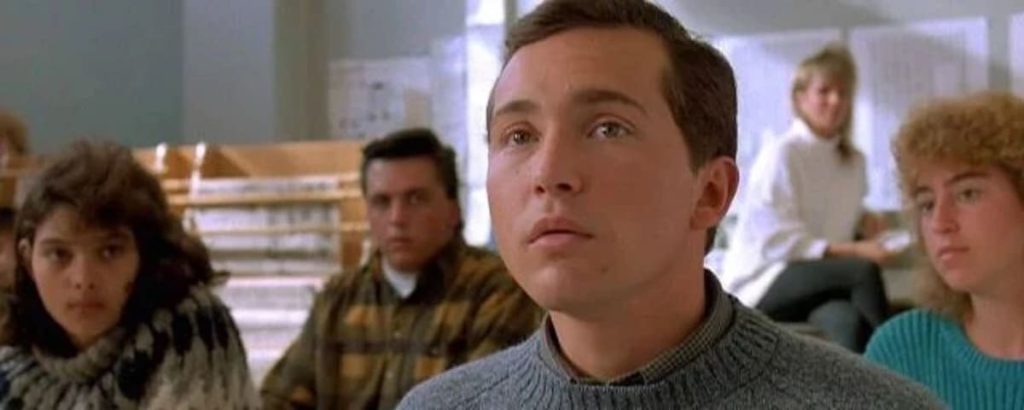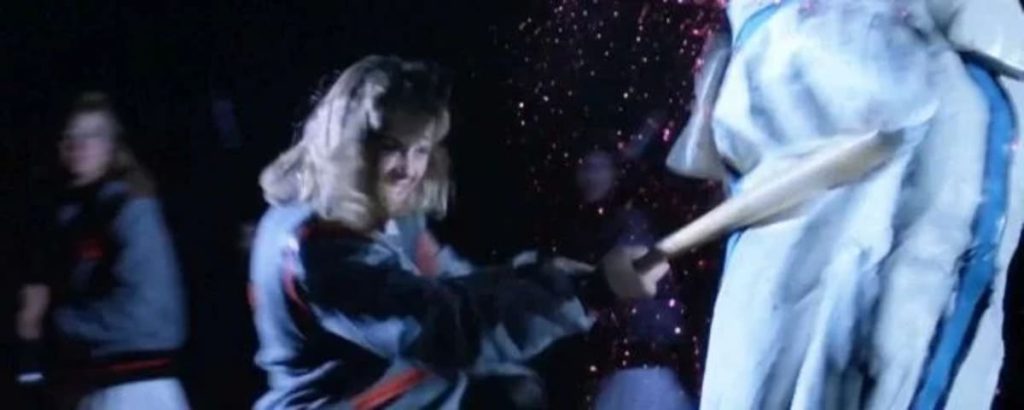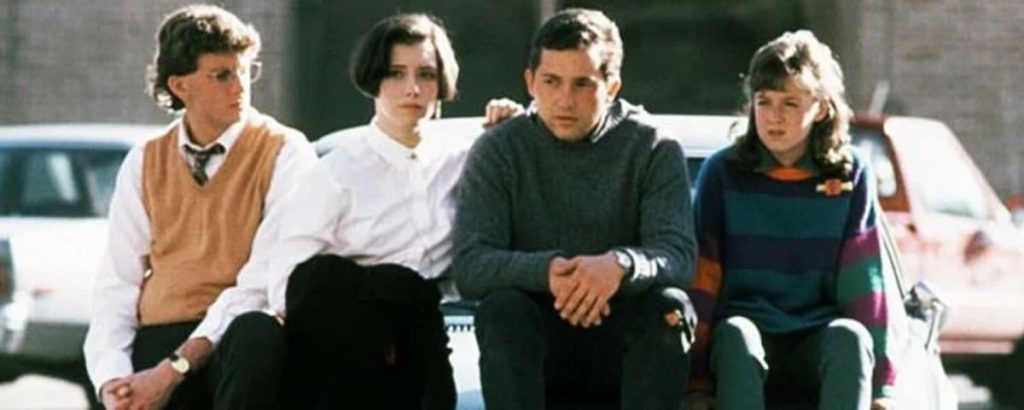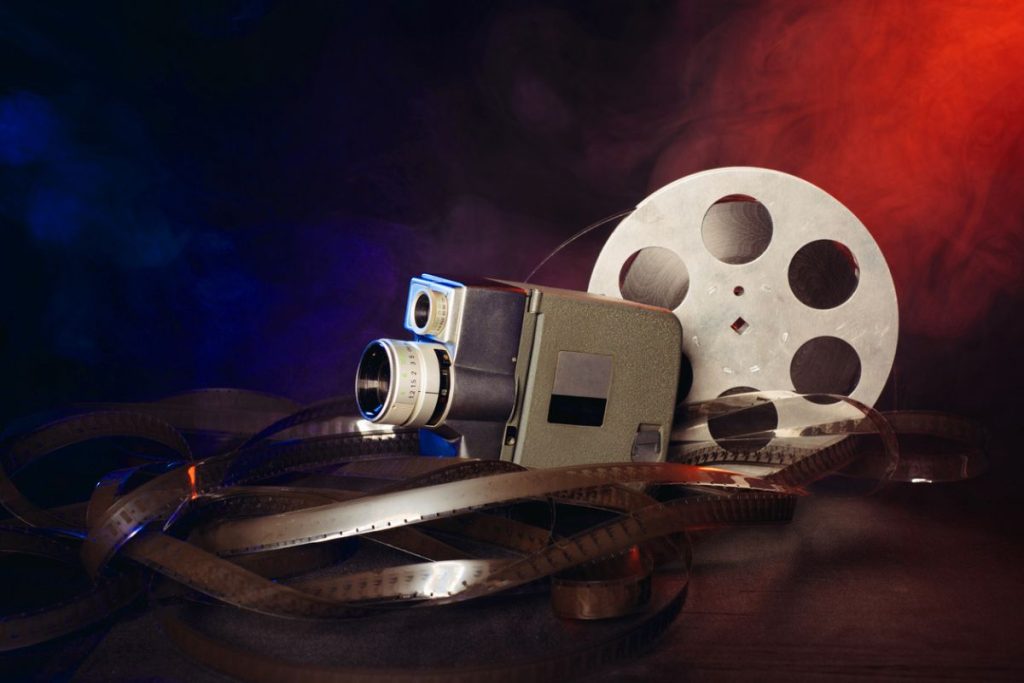Even the biggest names in Hollywood have skeletons in their cinematic closets — and it turns out Steven Spielberg’s is hiding in the dusty corners of 1987. A moody teen drama that slipped through the cracks, Three O’Clock High has the rare distinction of being a film the legendary director was so uncomfortable with, he asked for his name to be taken off the credits entirely.
A quiet erasure from the king of blockbusters
At the time, Spielberg’s reputation was flying high. With E.T., Back to the Future and The Goonies under his belt, his name was practically a stamp of movie magic — synonymous with warmth, wonder and wide-eyed optimism. But Three O’Clock High, a gritty, claustrophobic high school thriller, didn’t fit the bill.
Directed by Phil Joanou, the film had all the hallmarks of a classic 80s teen movie on paper. But the final product? Much darker. Much weirder. Less popcorn fun, more psychological standoff. And Spielberg, despite having supported the project early on, quietly stepped back — removing not only his name but also scrubbing any sign of Amblin Entertainment’s involvement.
It’s not often a producer distances themselves like this. But then again, Three O’Clock High wasn’t your typical coming-of-age flick.

Too intense for the Spielberg brand
Set over the course of a single, tension-filled school day, the film follows Jerry, a mild-mannered student who finds himself on the wrong side of Buddy Revell — a hulking, brooding new kid with a violent streak. When Jerry accidentally touches Buddy, he’s challenged to a fight. The showdown is set for 3pm, and the clock ticks ominously from that moment on.
Unlike the bright, youthful adventures typical of the era, this one leans into paranoia and pressure. There are surreal dream-like sequences, unnerving moments of dread, and a persistent sense that something’s about to snap. For a film aimed at teens, it’s surprisingly bleak.
There’s even a bizarre subplot involving a student’s attempt to seduce a teacher — the kind of scene that would raise eyebrows today. Toss in some frenzied cheerleaders and a soundtrack full of brooding synths, and it’s easy to see why Spielberg thought this wasn’t quite Amblin material. The film simply didn’t match his family-friendly cinematic identity.

A subtle nod to his legacy
Despite the official detachment, Spielberg left behind a tiny Easter egg for eagle-eyed fans. In one of the more surreal scenes, the score briefly features Out to Sea, a track lifted directly from Jaws. It’s a blink-and-you’ll-miss-it moment, but a knowing wink nonetheless — a musical reminder that even when Spielberg walks away, his influence has a way of lingering.

A misfire that missed the mark
With a budget of $5 million and a box office return of just $3.6 million, Three O’Clock High failed to land with audiences. It wasn’t so much hated as it was ignored. Years later, the film has picked up a cult following for its unusual tone and stylish direction, but it remains one of the few projects Spielberg actively distanced himself from.
Did he see the flop coming? Perhaps. Spielberg has an uncanny knack for sniffing out success — but also for jumping ship before it sinks. And in this case, his instincts were likely right.
Still, Three O’Clock High is an interesting artefact of 80s cinema: a reminder that even the greats sometimes back projects that don’t quite work. And when that happens, sometimes the only option is to quietly walk away — and pretend it never happened.


